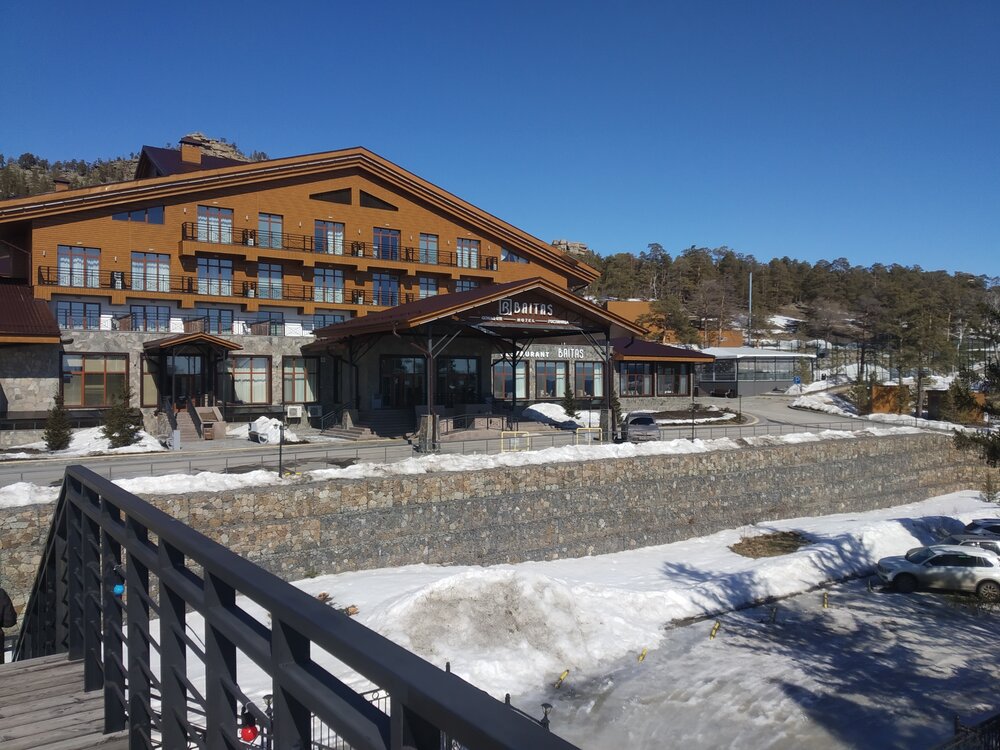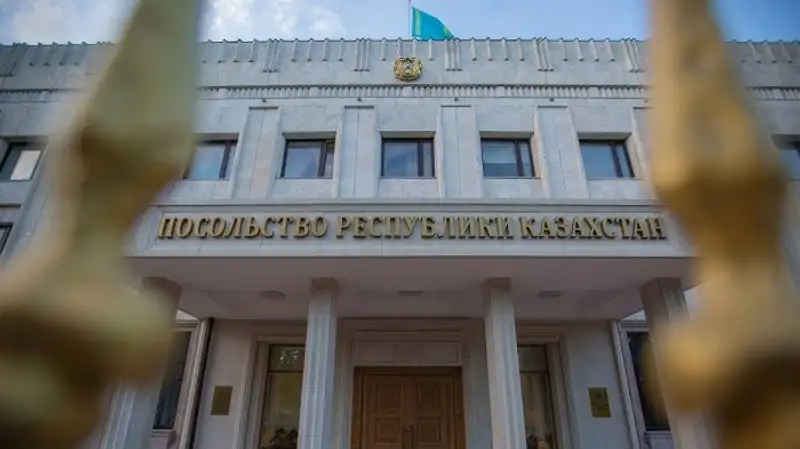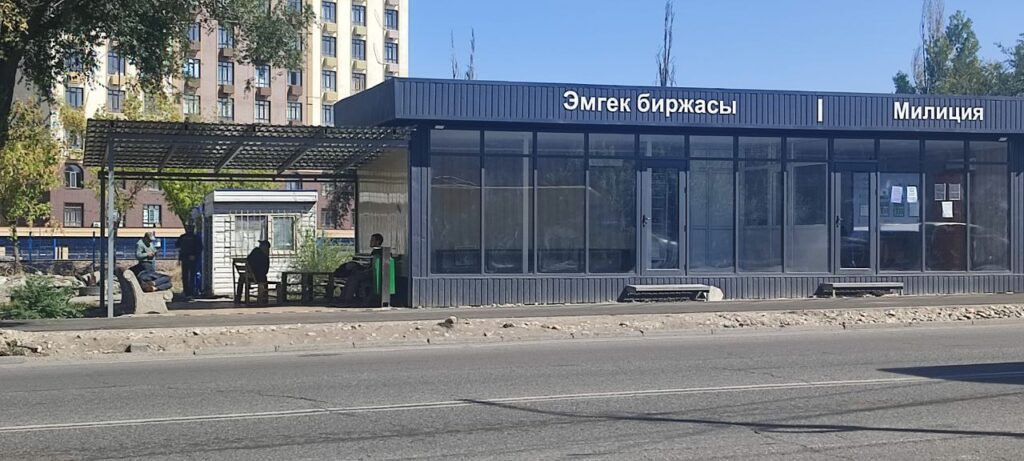ASTANA (TCA) — In 2016, authorities in Kazakhstan issued 36,792 permits to employers for attracting foreign labor force (FLF) to work in the country, with a third of all foreign workers coming from China, the official website of the Prime Minister of Kazakhstan reported.
Of the total work permits, 2,076 were issued for the first category of foreign labor force (managers and their deputies), 7,043 for the second category (heads of departments). The bulk of the permits for attracting FLF was given in the third (specialists) and fourth (qualified workers) categories — 16,811 and 8,542 respectively.
The largest number of FLF came from China — 12,699 persons, Turkey (3,502), Uzbekistan (1,564), the UK (1,474), and India (1,388).
At the same time, the employers that attracted FLF also created more than 16 thousand jobs for Kazakhstan citizens in 2016, and provided 1,340 Kazakhstan citizens with vocational training and retraining.
A new simplified regime to attract foreign labor force was introduced in Kazakhstan from January 1, 2017, according to which the timeframes for issuing work permits have been reduced and some administrative requirements for employers canceled.
Employers must now pay a tax for the use of FLF of between 290 thousand and 530 thousand tenge per one foreign worker, depending on the category of foreign workers and the industry in which they work.
Local content of labor force in Kazakhstan must be at least 70 percent for managers and their deputies and not less than 90 percent for professionals and skilled workers.









